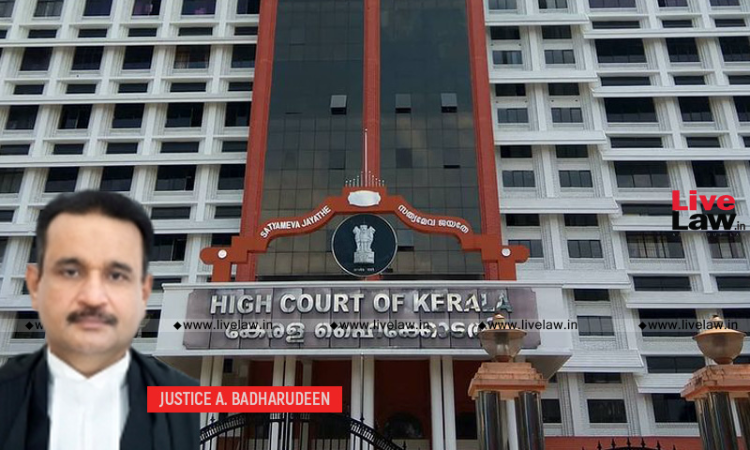Kerala Civil Courts Act| District Judge Can't Pass Judicial Orders Directing Subordinate Courts To Dispose Matters Expeditiously U/S.17: High Court
Hannah M Varghese
4 May 2022 9:21 AM IST

The Court added that the power of general control is confined only to matters of administration
Next Story


